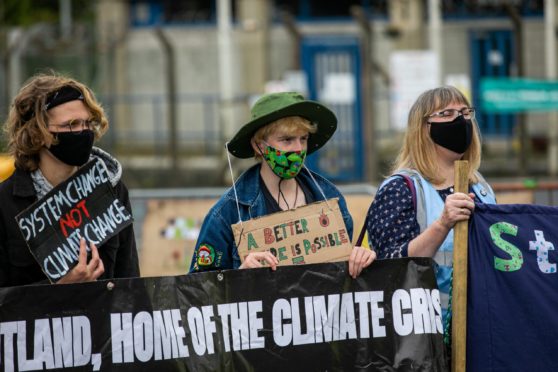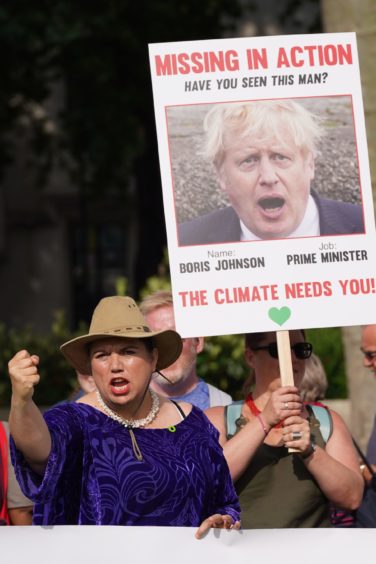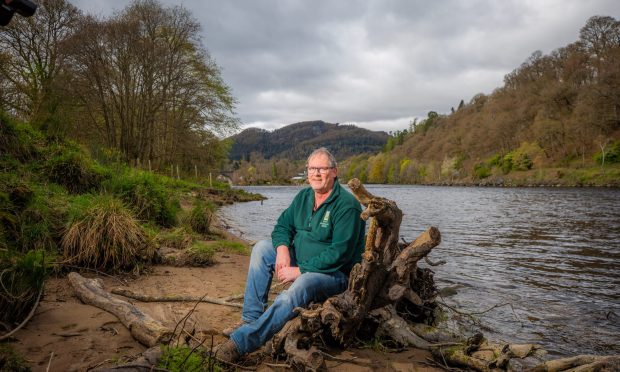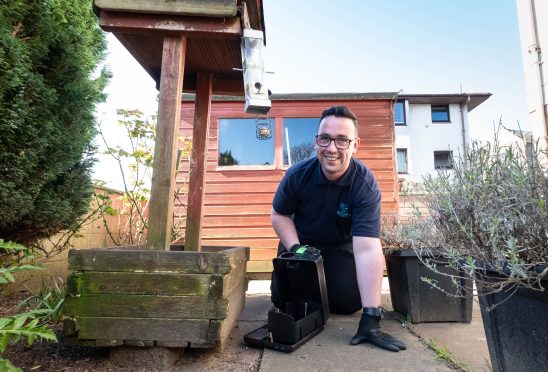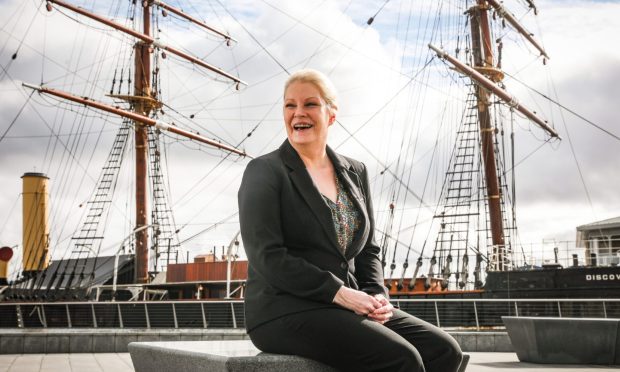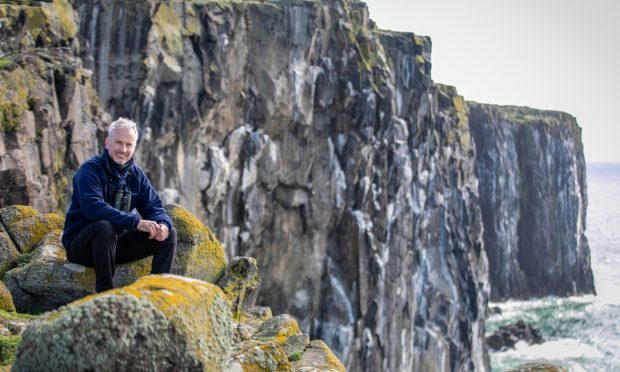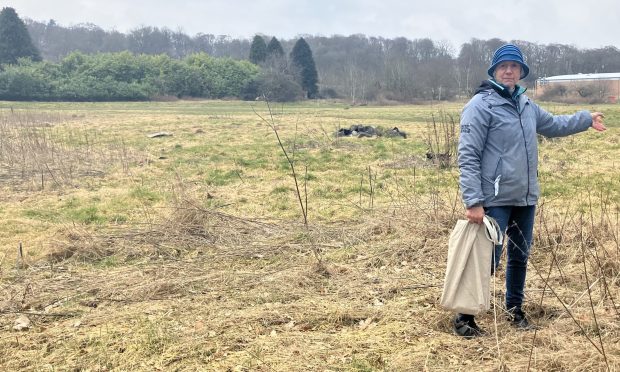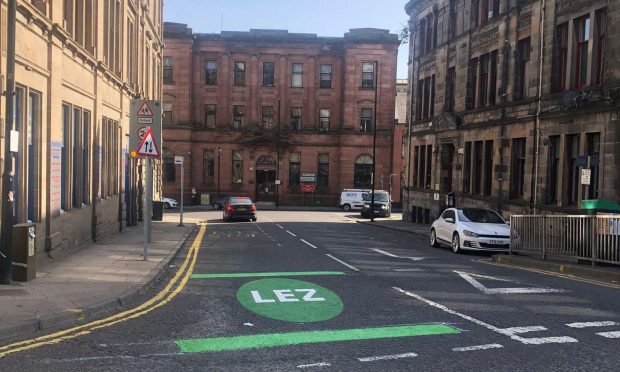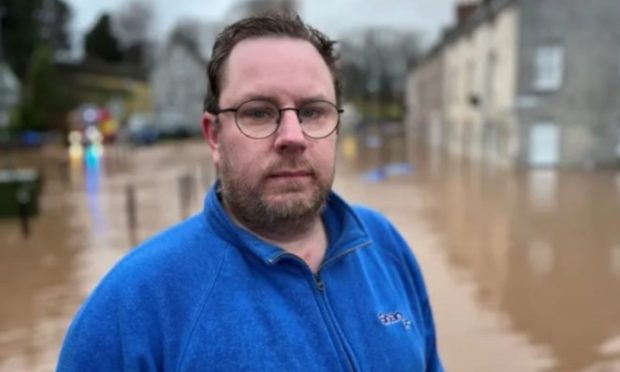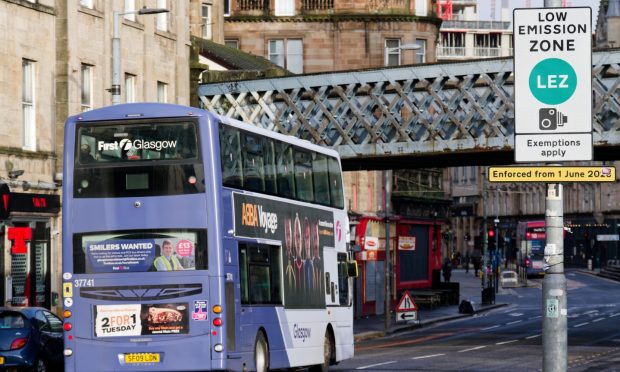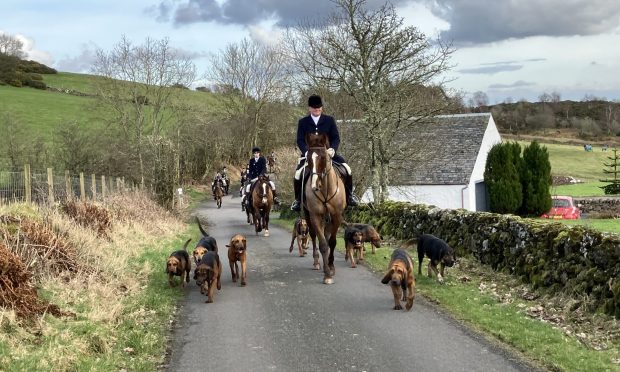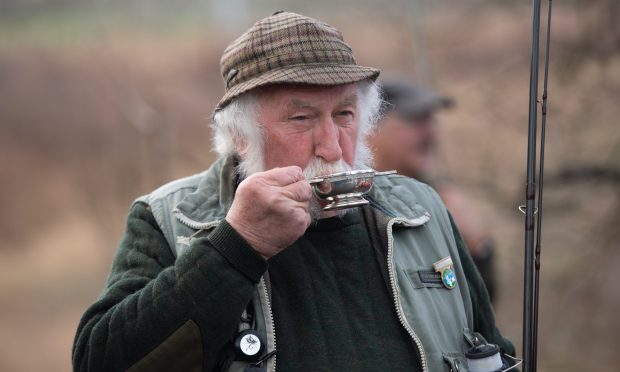Politics, the economy and the environment are never far apart. The deeper planet Earth free-falls into the mayhem that is the 21st century, the more chaotically they dodgem-car into each other with Earth-shattering consequences.
I think I might be able to claim two linguistic firsts in that sentence, the first use of “dodgem-car” as a verb, and the first use of “Earth-shattering” in which it literally means what it says. The Earth is actually coming to pieces.
Stir in our sluggish emergence from whichever wave of the pandemic this one is and you have four good reasons why you could not pay me enough money to be a politician.
But given that I have a vote in this fair land and I use it, I get to tell politicians, economists, and for that matter environmentalists where they are going wrong.
I know, that’s the easy bit. But if you don’t have an opinion about any or all of the above, you’re just not paying enough attention.
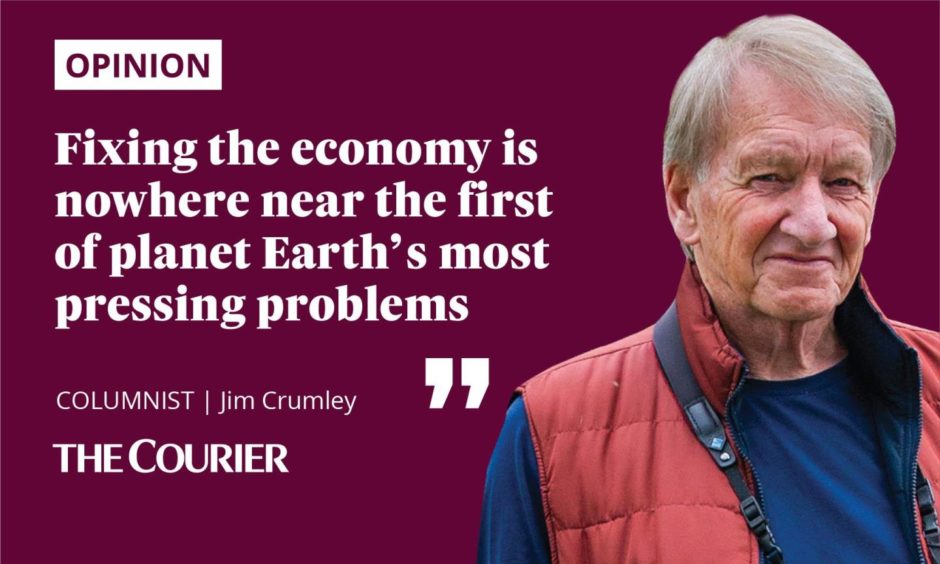
I have not heard a single politician saying out loud that our first priority right now should be anything other than spending our way out of the economic morass left by the pandemic.
Fixing the economy is nowhere near the first of planet Earth’s most pressing problems.
Build more infrastructure, devour more land. And how often do we have to uphold HS2 as the Westminster Government’s most idiotic folly, even as it prepares to host the Glasgow climate change summit in four months?
Where are the policies that will let the land heal?
Climate targets that limit the rate of global warming increase won’t do. Only climate targets that achieve increases in global cooling will do now.
The status quo is a death trap for life on Earth, quite possibly all of it. The status quo is no Earthly good.
I assume that humankind wants to avoid this outcome, our own self-destruction as the planet’s longest ever suicide note.
But still the cry is the same the world over – build, develop, spend, create jobs, stimulate the economy, provide prosperity.
How many wildfires does it take? How many heat domes? How many floods? How many lives?
Nature has been telling us in the most unambiguous language she has used in my lifetime (I speak as one who listens to nature every day for a living) just how pissed off she is with us and our contempt for the wellbeing of the planet.
Hers is a voice lost to our ears in the tumult of jet engines and piledrivers, and the towering Babel of economists’ voices.
How many wildfires does it take? How many heat domes? Siberia is on fire – Siberia. How many floods? How many lives?
We only count the human lives and publish the numbers in TV bulletins and banner headlines, while the millions of trees, animals, birds and beasts just vanish. How many billions of invertebrates (without which all life ends)?
Human flight versus the birds
I was looking for a metaphor of some kind, a single potent symbol to encapsulate the plight of the only planet that will ever work for us. It came from a most unexpected quarter: Albania.
I receive regular posts from a Europe-wide organisation called EuroNatur. And just when it began to look as if the environmental news could not get any worse, one such post arrived in my inbox with a headline that simply chilled:
“Airplanes against Flamingos”.
It announced that in a move to stimulate the economy, create jobs and deliver prosperity, the Albanian Government is planning to build an international airport and associated coastal resort “right in the middle of the bird paradise which is the Narta Lagoon”.
A big NO to the airport project in the Narta Lagoon, a bird paradise in Albania!
Please support us and our partners @ppnea and @AosAlbania!#birds #birding #ornithologyhttps://t.co/B7782PWg2H pic.twitter.com/Jh1cMR9BVB
— EuroNatur Foundation (@EuroNaturORG) July 29, 2021
The lagoon is a refuge beyond price for birds beyond number crossing the Mediterranean on an African-Eurasian migration flyway, a two-way procession for millions of waterbirds that include thousands of flamingos.
The timing of the EuroNatur post was critical. I was convincing myself that surely the relationship between humankind and nature had reached its lowest ebb; that our attempts to justify ourselves and our failure again and again to meet even our own modest targets or to live up to our own good intentions were so lamentable that surely somewhere, somehow, our own survival instincts as an animal would kick in.
Then this: more jet engines, concrete and tarmac at the expense of flamingos, as a government policy for a country that has ambitions to join the European Union.
Flamingos entrance me, which only made it worse. I am drawn to their aesthetics and to their biology, to their way of life.
I have never seen one in the wild, only watched films, read books, and such is my increasing aversion to big airports and big aircraft that the chances are I never will now.
That couldn’t matter less in the greater scheme of things. But on the basis of be-careful-what-you-wish-for, I had my metaphor.
Airplanes against flamingos, and another government as crazy as Westminster which thinks that’s a good idea.
Politics, the economy and the environment are never far apart. The Earth just shattered again.
JIM CRUMLEY: Is your foreign holiday so important you’ll wreck the planet to get there?
